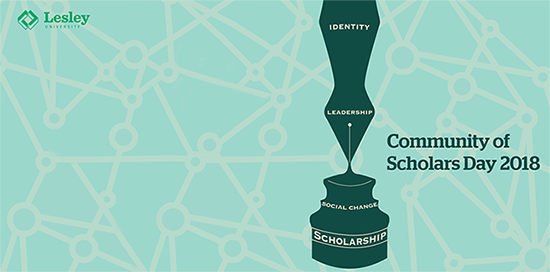The Bachelor’s Degree as Social Change Agent: Leadership lessons from adult students.
Abstract
Non-traditional learners are the majority of students in higher education. One segment of this population are the millions of adults with some college credits and no degree. Every year, the 400,000 students who leave college join those millions. When adults attempt to return to school, they experience low graduation rates. Despite over half a century of adult learning research, higher education is still not able to meet their needs. Given the significant individual and societal benefits, this study aimed to contribute to national efforts to increase degree attainment by exploring the phenomenon of adult degree completion. Nine women who earned degrees as adults were interviewed about their experiences. Phenomenological methodology was employed to produce descriptions and themes that illuminated what and how participants experienced degree completion.
The findings aligned with literature about situational, dispositional, and institutional barriers that adults face. Unstable early college experiences and shifting financial, family, and relationship roles emerged as common reasons for patterns of stops and starts. Repeated attempts affected self-esteem but internal motivation was the primary driver of success. Findings also aligned with participation models supporting the assertion that institutions cannot remove all barriers, but can mitigate the impact with flexible policies, programs, and services. Finally, participants indicated that the personal value of the degree was the most important outcome. Through completing their degrees, study participants experienced a transformation in identity that shifted their perception of themselves in their worlds. Their stories provide leadership lessons for both higher education practitioners and current adult students.
Start Date
28-3-2018 10:10 AM
End Date
28-3-2018 11:00 AM
Presentation Type
Paper
Disciplines
Adult and Continuing Education | Educational Leadership
The Bachelor’s Degree as Social Change Agent: Leadership lessons from adult students.
U-Hall 3-100
Non-traditional learners are the majority of students in higher education. One segment of this population are the millions of adults with some college credits and no degree. Every year, the 400,000 students who leave college join those millions. When adults attempt to return to school, they experience low graduation rates. Despite over half a century of adult learning research, higher education is still not able to meet their needs. Given the significant individual and societal benefits, this study aimed to contribute to national efforts to increase degree attainment by exploring the phenomenon of adult degree completion. Nine women who earned degrees as adults were interviewed about their experiences. Phenomenological methodology was employed to produce descriptions and themes that illuminated what and how participants experienced degree completion.
The findings aligned with literature about situational, dispositional, and institutional barriers that adults face. Unstable early college experiences and shifting financial, family, and relationship roles emerged as common reasons for patterns of stops and starts. Repeated attempts affected self-esteem but internal motivation was the primary driver of success. Findings also aligned with participation models supporting the assertion that institutions cannot remove all barriers, but can mitigate the impact with flexible policies, programs, and services. Finally, participants indicated that the personal value of the degree was the most important outcome. Through completing their degrees, study participants experienced a transformation in identity that shifted their perception of themselves in their worlds. Their stories provide leadership lessons for both higher education practitioners and current adult students.



